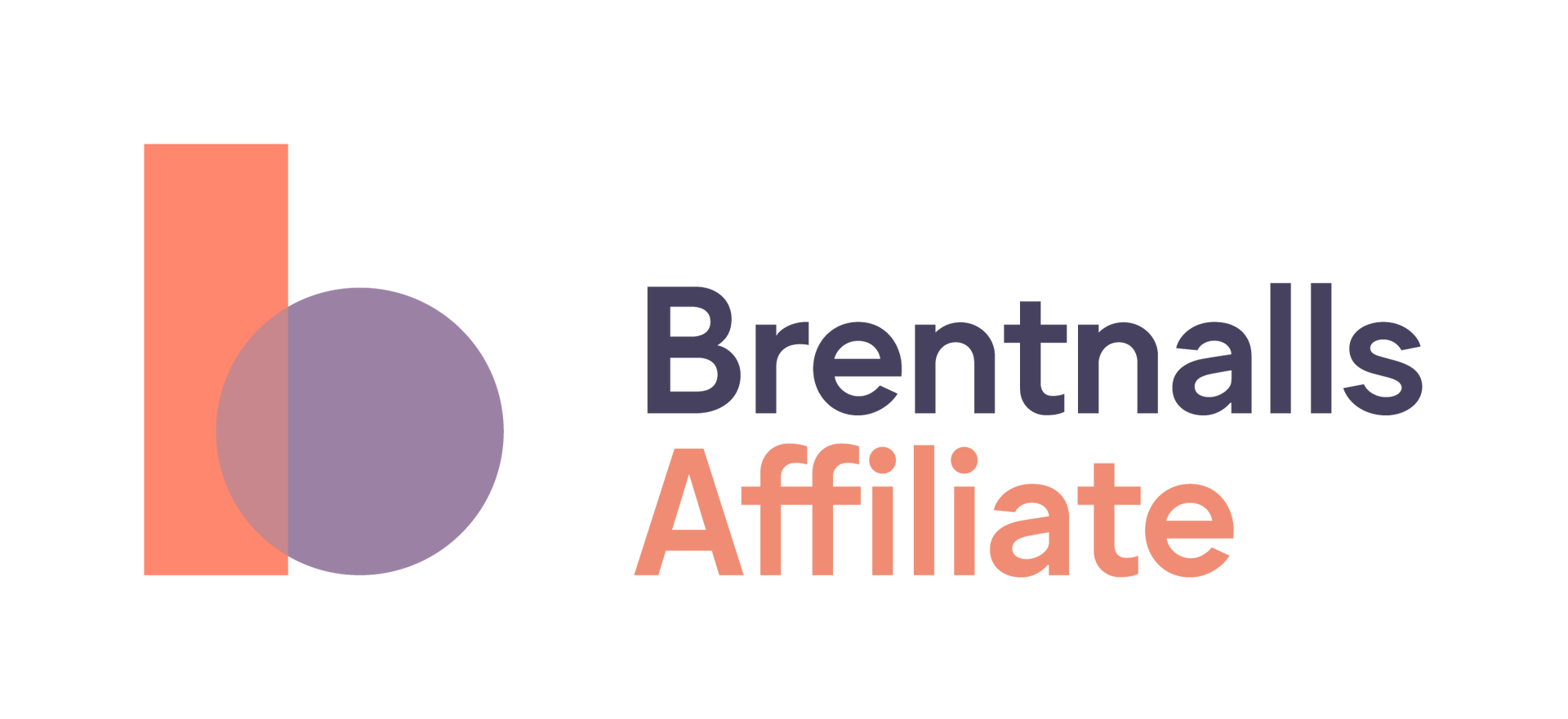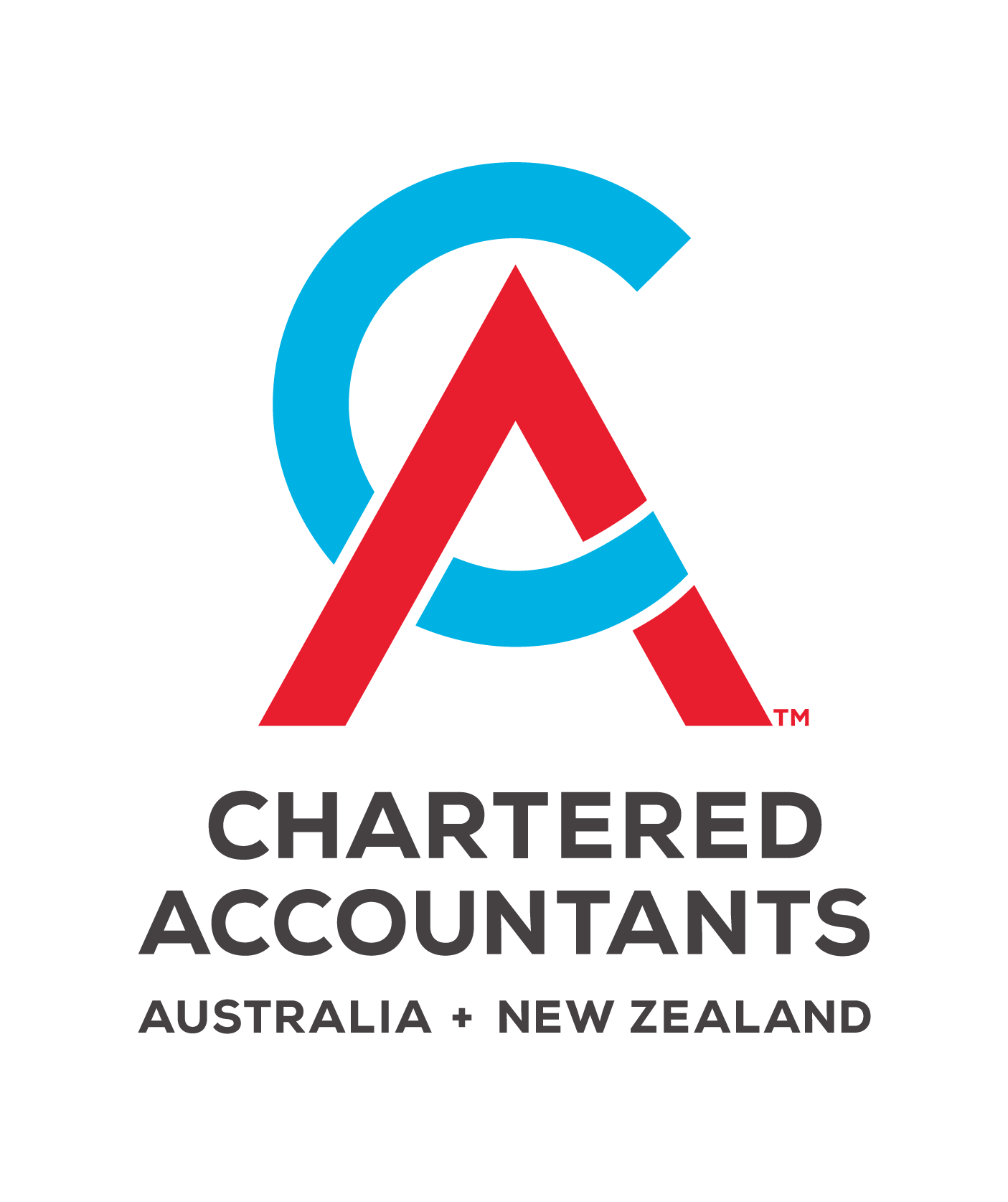Property Development and SMSFs
Can SMSFs engage in property development?
This issue is in relation to whether the property development meets the sole purpose test under the SISA.
The ATO's previous interpretation was that the sole purpose test had been contravened where a fund was "running a business" as part of its investment strategy. The general view was that if a superannuation fund is conducting a business, it is not administered for the sole purpose of providing benefits for the members and beneficiaries of the fund.
However, the current ATO view is that the fact that activities undertaken by an SMSF trustee are considered business activities for income tax purposes does not necessarily mean that the trustee contravenes the regulatory provisions. However, trustees should be aware that those activities will be scrutinised against the sole purpose test or other regulatory provisions.
If the trustee of an SMSF carries on a business, the ATO has advised that they will examine the activities closely to ensure that the sole purpose test is not breached. Cases that would attract the ATO's attention include those where:
- the trustee employs a family member (we would look at, among other things, the stated rationale for employing the family member and the level of salary or wages paid).
- the trustee carries on a business that relates to an activity that is commonly carried out as a hobby or pastime.
- the business carried on by the fund has links to associated trading entities.
- there are indications that super fund assets are available for the private use and benefit of the trustee or related parties.
The trust deed must also be reviewed to ensure that it allows the SMSF to carry on a business and the fund's investment strategy should be reviewed.
Will property development be considered to be carrying on a business?
This is a question of fact and should be discussed with your advisor prior to commencing any project. A private ruling from the Australian Taxation Office may be required to provide certainty for the tax treatment.
If deemed to be carrying on a business
- Land that was originally acquired and used for farming purposes and later ventured into a business of subdivision, development and sale, becomes trading stock of the taxpayer, for the purposes of Division 70 of the ITAA 1997, when it is ventured into a business of development, subdivision and sale.
- Taxation Determination TD 92/124A clarifies that land will be treated as trading stock for income tax purposes if it is held for the purpose of resale and a business activity which involves dealing in land has commenced.
- As the taxpayer is regarded as being in the business of subdivision, development and sale of land, the proceeds from the sale of the subdivided land will be assessable under section 6-5 of the ITAA 1997. The taxpayer's land will be treated as trading stock when the land is ventured into the business of development, subdivision and sale. When an asset is ventured into the business of development, subdivision and sale is a matter of fact.
- For income tax purposes, you would treat it as if you sold the land to yourself at cost or market value at the time ventured into the business.
If not deemed to be carrying on a business
- Property will maintain its cost base and CGT profile.
- Sale of property will attract capital gains tax, subject to the tax treatment of the SMSF income and capital gains at the time of the sale.
Can the SMSF invest in a related Unit Trust which owns the property and engages in property development?
Yes, provided the in-house asset rules are not breached.
An "in-house asset" is defined in s 71 of the SIS Act to include (unless an exception applies):
- a loan to, or investment in, a "related party" of the fund;
- an investment in a "related trust" of the fund; and
- an asset of the fund subject to a lease or lease arrangement with a "related party" of the fund.
Under regulations 13.22C and 13.22D of SISR, an exception to the in-house assets rule applies to related party unit trust investments where:
- the trust does not borrow;
- there is no charge over an asset of the entity;
- the entity does not invest in or lend money to individuals or other entities (other than normal deposits with financial institutions but shares or units in other companies or trusts are not permitted);
- the entity has not acquired an asset from a related party of the fund after 11 August 1999 other than business real property;
- the entity does not acquire an asset, other than business real property, that has been owned by a related party of the fund in the previous 3 years (not including any period of ownership prior to 11 August 1999);
- the entity does not directly or indirectly lease assets to related parties, other than business real property;
- the entity does not conduct a business; and
- the entity conducts all transactions on an arm's length basis.
If one of the requirements is breached, the exception ceases to apply to existing investments in the entity by the fund (the investment will then be an in-house asset) and is unavailable to future investments in that entity.
Learn more about how we can assist you with your Self Managed Superannuation Fund.
Discuss Further?
If you would like to discuss this, please get in touch.
Disclaimer
The information provided in this information sheet does not constitute advice. The information is of a general nature only and does not take into account your individual financial situation. It should not be used, relied upon, or treated as a substitute for specific professional advice. We recommend that you contact Brentnalls SA before making any decision to discuss your particular requirements or circumstances.
Our Services
"We feel confident in our financial decisions and can focus on growing our business with peace of mind."
John & Barbara Kalleske
Kalleske Vineyards Pty Ltd
Our Specialisations
"Helping you achieve your dreams, is our passion, and our strength is in our dedicated professional team."
Our News & Resources
Acknowledgement of Country
We acknowledge the Traditional Owners of the land where we work and live. We pay our respects to Elders past, present and emerging. We celebrate the stories, culture and traditions of Aboriginal and Torres Strait Islander Elders of all communities who also work and live on this land.
Our Location
255 Port Road
HINDMARSH SA 5007
PO Box 338
Welland SA 5007



